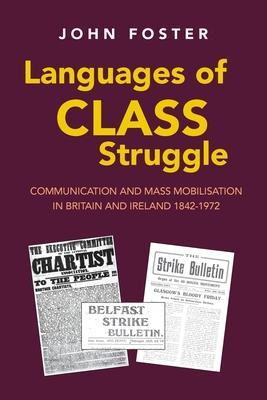This is an account of five significant episodes in the history of the working-class movements in Britain and Ireland which, to various degrees, challenged the power of the capitalist state.
JOHN FOSTER uses these case studies to stress the importance of language, of how arguments are constructed to mobilise for change but also how social barriers obstruct revolutionary transformations.
Two chapters analyse the labour movement on Clydeside across half a century; the 1919 strike and the UCS Work-in of 1972. A third looks at the 1919 Belfast general strike which generated a common class language to momentarily overcome imperialist- and employer-promoted religious sectarianism. A fourth chapter looks at the 1920 Councils of Action, influenced by the experience of the Russian Revolution of 1917.
The final episode is the 1842 Chartist-inspired General Strike, which crucially influenced Marx and Engels in the development of their own theories of class consciousness, organisation and mobilisation.
Foster discusses Marxist theories of language, especially those developed in the early Soviet Union, which integrated the processes of thought, language and action. If properly applied, he argues, these can create the conditions for the effective communication of class consciousness and thereby mass mobilisation.
Languages of Class Struggle aims to recover and re-emphasise the arguments advanced by Marx and later Lenin, namely that it is capitalism's own contradictions, economic and political, that can - once actively exposed - be used to challenge ruling-class power. Such moments may be relatively rare, but it is precisely these moments of crisis and the contradictions they lay bare that are critical for our understanding of social change.
